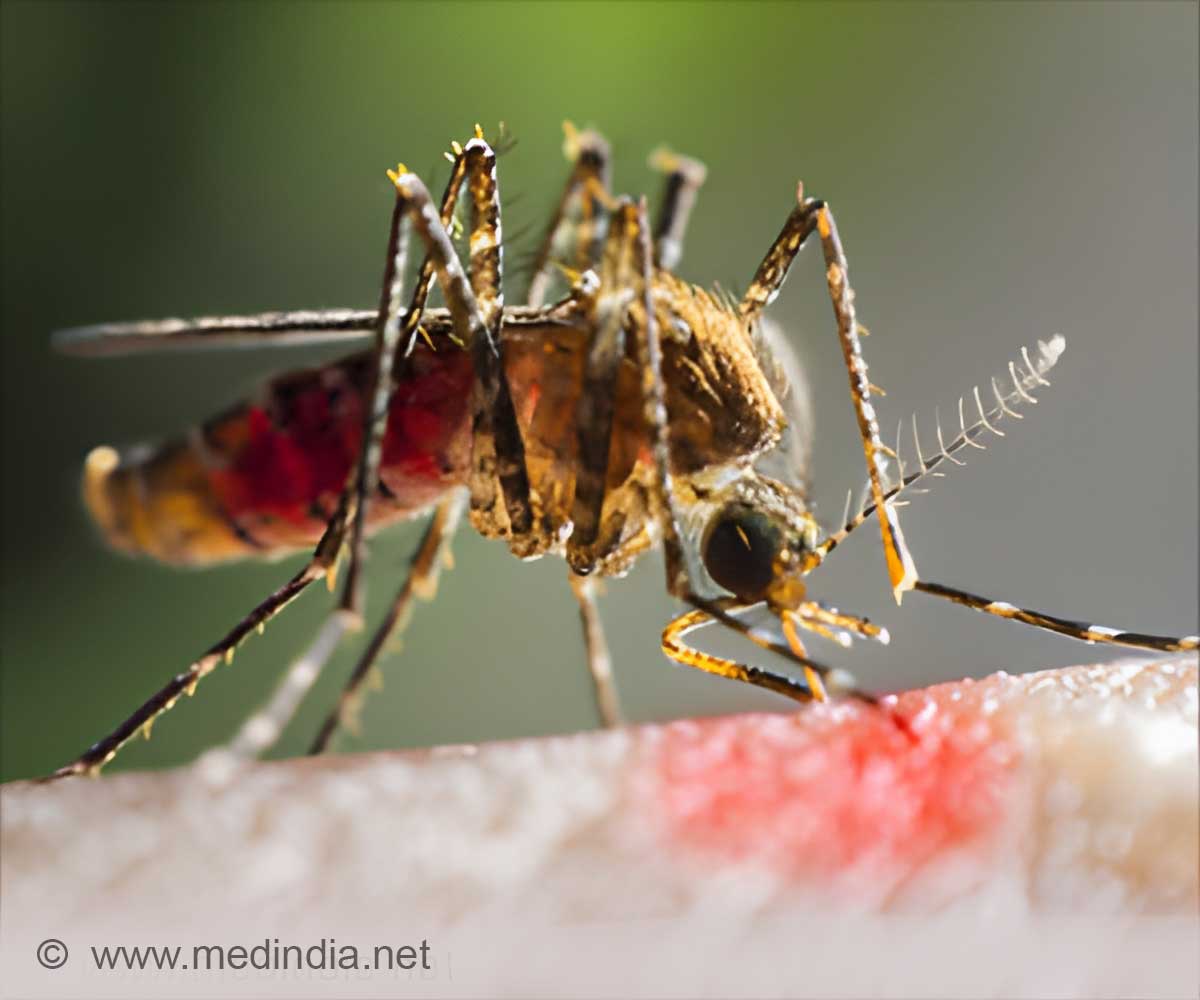
‘The man, who died, had uniquely high amounts of virus more than 100,000 times higher than seen in other samples of infected people.’
Tweet it Now
However the newest case raises the prospect of a new and previously unknown path of transmission for a virus that is capable of causing birth defects and has spread quickly through Latin America. "We are learning something new about Zika virus every day," said Erin Staples, a medical epidemiologist with the US Centers for Disease Control and Prevention, during a press conference.
"This situation appears to be unique," she said.
The elderly patient had an "unusually high level of virus in the blood," though it is still not known exactly how the infection spread to the second person, described as a "family contact," Staples added.
Other suspected modes of transmission have been ruled out -- including having traveled to a Zika-affected area or having had sex with an infected person, Staples said.
Advertisement
As of mid-July, US health officials have reported 1,306 cases of Zika in the continental United States and Hawaii.
Advertisement
Zika virus can cause a variety of symptoms including rash and joint and muscle pain, but often carries no symptoms at all.
It is primarily of concern to women who are pregnant or want to become pregnant, because the virus carries the risk of causing irreversible brain defects in the fetus.
Source-AFP












